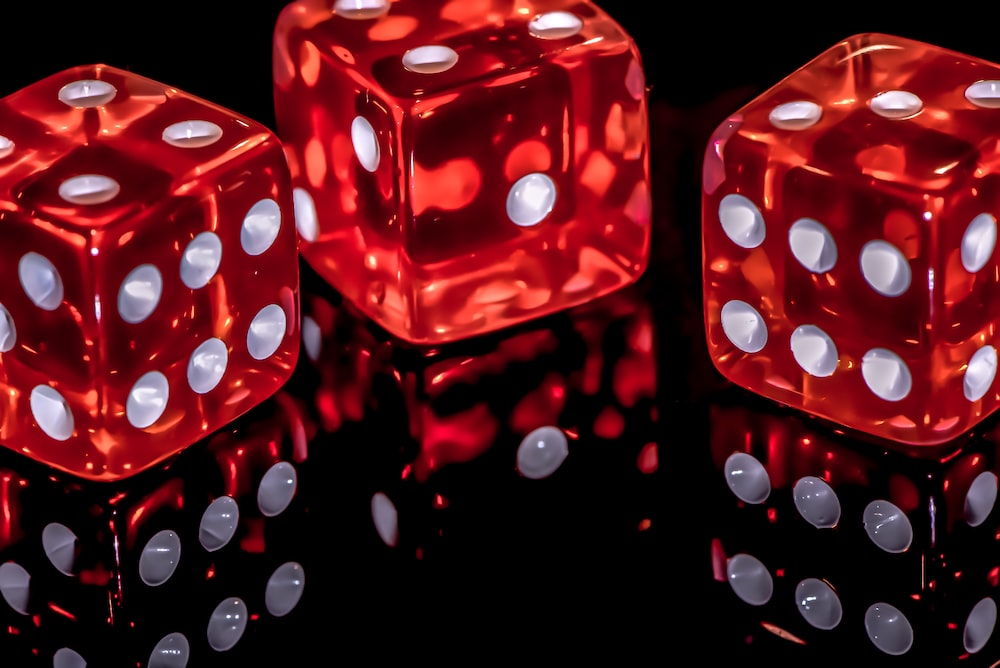
Probability is a fundamental concept that plays a crucial role in many aspects of our lives, from decision-making to science and technology. It is a measure of the likelihood or chance of an event occurring and is often expressed as a number between 0 and 1. In this article, we will explore the theory of probability and how we can look at it from a different angle. We will discuss the basic principles of probability, its applications in various fields, and the role it plays in everyday life. By examining probability from a different perspective, we hope to shed new light on this important concept and deepen our understanding of its significance.
A New Perspective on Probability
Probability is traditionally defined as the measure of the likelihood of an event occurring. This approach focuses on calculating the probability of an event by dividing the number of favorable outcomes by the total number of possible outcomes. The traditional approach to probability is widely used in various fields, including science, economics, and gambling.
An alternative approach to probability, known as the subjective or personalist approach, views probability as a measure of personal belief or confidence in an event occurring. This approach recognizes that different individuals may have different beliefs or subjective opinions about the likelihood of an event occurring, and these beliefs can be expressed in terms of probabilities.
While the traditional and subjective approaches to probability are different, they are not mutually exclusive. The traditional approach is useful in situations where outcomes are well-defined and objective, such as in a coin toss or a roll of dice. On the other hand, the subjective approach is useful when outcomes are uncertain and dependent on various factors, such as in weather forecasting or stock market predictions. Understanding both approaches can help individuals make informed decisions and evaluate risks in different situations.
Probability and Gambling
Probability plays a significant role in gambling, as the outcome of many games is based on chance. Players can use probability to calculate their odds of winning and make informed decisions about their betting strategies. For example, in games such as roulette or craps, players can use probability to determine which bets have the best chance of winning and which ones are more risky. By understanding the underlying probabilities of the game, players can increase their chances of winning.
Slots are another popular form of gambling where probability plays a key role. Each slot machine has a set of symbols on its reels, and the probability of each symbol appearing is determined by the game’s programming. Players can use their knowledge of probability to determine the likelihood of winning on a particular slot machine based on the number of reels and symbols. With the rise of online casinos, players can now enjoy a wide variety of online slots from the comfort of their own homes. Furthermore, the probability calculations are programmed into the software of online slot machines, ensuring that the game is fair and random.
The alternative approach to probability can also have an impact on gambling strategies. By viewing probability as a measure of our own uncertainty rather than the objective frequency of events, players may be more likely to make decisions based on their own intuition and beliefs. This can lead to a more personalized approach to gambling, where players rely on their own understanding of probability rather than following a set strategy or system. However, it is important to note that this approach may not always lead to optimal outcomes and should be used in conjunction with a solid understanding of the underlying probabilities of the game.
Applications of the Alternative Approach to Probability
The alternative approach to probability can be applied to various fields beyond gambling, such as finance, weather forecasting, and medical diagnoses. In finance, the traditional approach to probability is often used to predict stock prices and investment risks. However, the alternative approach can offer a more accurate and dynamic model that takes into account changing market conditions and human behavior. Similarly, the alternative approach can improve weather forecasting by considering more complex and interconnected variables, such as atmospheric pressure and ocean currents.
In the context of gambling, the alternative approach can be particularly useful in analyzing games like slots, where the traditional approach may not fully capture the complexity of the game. Slots involve multiple reels with various symbols that can lead to different outcomes, making it challenging to calculate the exact probability of winning. However, the alternative approach can account for the different combinations of symbols and their probabilities of appearing on the reels.
The alternative approach to probability has the potential to revolutionize research and development in various fields. It can provide a more nuanced and accurate understanding of complex systems and phenomena, leading to more effective strategies and solutions. For example, in medical diagnoses, the alternative approach can consider various symptoms and risk factors to provide a more personalized and accurate diagnosis. Future research can explore the potential of the alternative approach in other areas and its impact on our understanding of probability and the world around us.
What We Learned
Probability plays an important role in various aspects of our lives, including gambling, finance, and science. While the traditional approach to probability has been widely used and accepted, there is an alternative approach that offers a new perspective. This alternative approach considers the role of context and individual perception in shaping probability outcomes, rather than relying solely on mathematical formulas. The impact of this approach has been seen in gambling strategies, as well as in potential new areas of application. As we continue to explore and understand the nature of probability, the alternative approach offers potential for new developments and insights.
